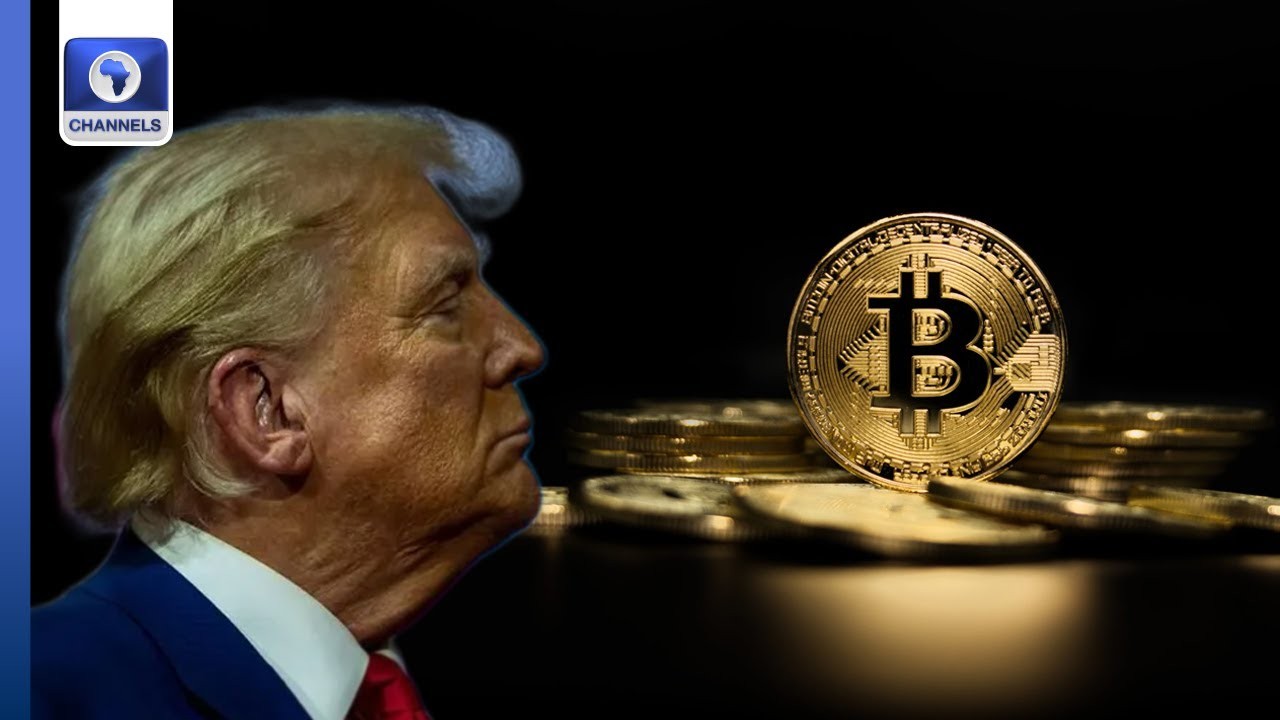
A cryptocurrency project endorsed by former President Donald Trump has fallen dramatically short of its original sales targets, managing to sell only about 1.35 billion tokens - roughly 2% of its initial 63 billion token goal.
World Liberty Financial's $WLFI token sale has faced multiple hurdles and target revisions since its high-profile launch, which featured promotion from the Trump family during an X (formerly Twitter) Spaces event.
The project has repeatedly scaled back its ambitions, dropping the target from 63 billion tokens to 35 billion, then to 20 billion, before finally settling at 2 billion tokens in SEC filings. Adding to the confusion, different sale targets remain listed across the project's various platforms and documentation.
Distribution data reveals concerning concentration patterns, with just five digital wallets controlling over 23% of all tokens sold. The largest single wallet holds more than 193,000 tokens, raising questions about centralization risks.
The project's governance structure has also drawn scrutiny. While marketed as a governance token giving holders voting power, a Trump-affiliated entity has been allocated 22.5 billion tokens - more than ten times the amount available for public purchase. This same entity is set to receive 75% of the protocol's revenue after launch.
Despite multiple adjustments to sales targets, the project has achieved only 68% of its final revised goal. The repeated downsizing of objectives combined with inconsistent documentation has created uncertainty around the project's future direction.
Industry observers note that the substantial token allocation to Trump-affiliated interests, coupled with the dominant revenue share structure, appears to conflict with cryptocurrency's core principles of decentralization and community governance.
The project's struggles highlight the challenges faced by celebrity-backed crypto ventures in achieving widespread market adoption, even with high-profile endorsements.